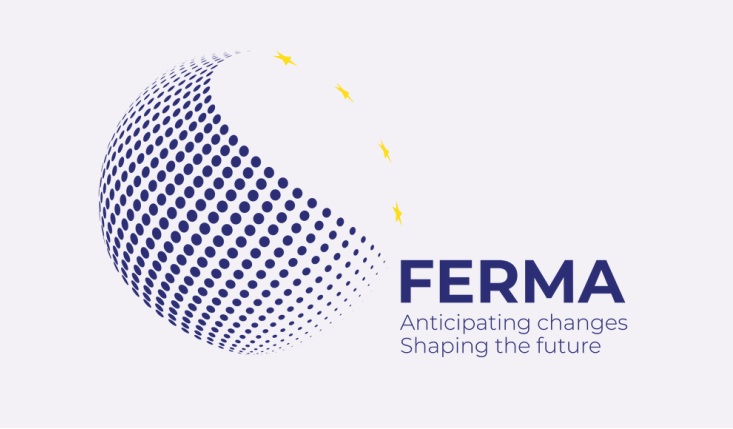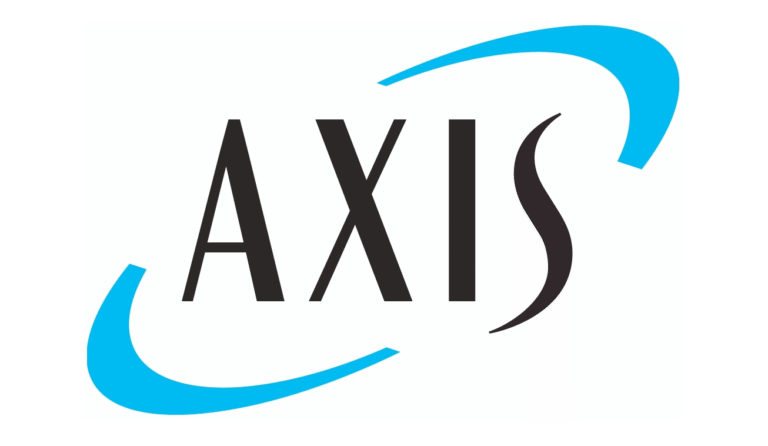
The Federation of European Risk Management Associations (FERMA) has highlighted a critical gap in adequate and accessible insurance coverage to support Europe’s transition to net zero, urging the re/insurance industry to recognise its vital role in closing it.

The report identifies several causes, including underwriting activities guided more by regulatory or societal pressures than by clients’ needs, and limited capacity for specific “new” technologies, materials, or methods—such as (offshore) solar panels and wind farms, lithium batteries, and hydrogen fuels. A lack of data is cited as an obstacle to insuring these newer transition-related risks.
Valentina Paduano, FERMA Vice President and chairperson of the Sustainability Committee, said, “European companies are scaling up their efforts to transition to more sustainable business models, but without the safety net provided by insurance coverage, this virtuous dynamic is under threat. Businesses need to know that their transition risks can be transferred at a fair price in order to confidently go forward on their path to net-zero.”
The problem is exacerbated by indiscriminate industry-wide exclusions that fail to account for a company’s specific risk profile. FERMA pointed to the recycling industry, where fire hazards increase as more lithium battery-powered devices end up in recycling plants.
Risk prevention and mitigation measures at these plants are insufficiently considered in insurers’ risk assessments, meaning only the largest and most risk-mature companies can secure coverage—and often at inflated prices due to limited market competition.
The report identified data scarcity as another issue, noting that there is a lack of data for new, relatively untested technologies that are crucial to the net-zero transition. As a result, capacity to insure such risks is low.
To address this, FERMA urges insurers, brokers, and corporate clients to collaborate earlier in project development to collect transition risk data. Such data should be aggregated and made more readily available—for example, through industry-specific information-sharing schemes. Insurers must also invest in the technical expertise necessary to assess these new risks.
FERMA calls on the industry to rethink its approach to transition risks and adopt a more forward-looking, constructive approach to insurance. The report proposes that insurers expand their technical and engineering capabilities to assess transition risks before they materialise, in cooperation with corporate clients.
It also recommends avoiding blanket exclusions or one-size-fits-all pricing, recognising that risk exposures vary widely between companies and projects, and instead acknowledging and incentivising the implementation of risk prevention and mitigation measures.
Charlotte Hedemark, President of FERMA, said, “Addressing transition-risk insurance protection gaps is essential to unlocking the full potential of the net-zero transition. FERMA remains committed to fostering collaboration among insurers, brokers, corporates, and public authorities to make transition risks more insurable and to ensure that the insurance sector becomes a catalyst rather than a barrier to sustainable progress.”






